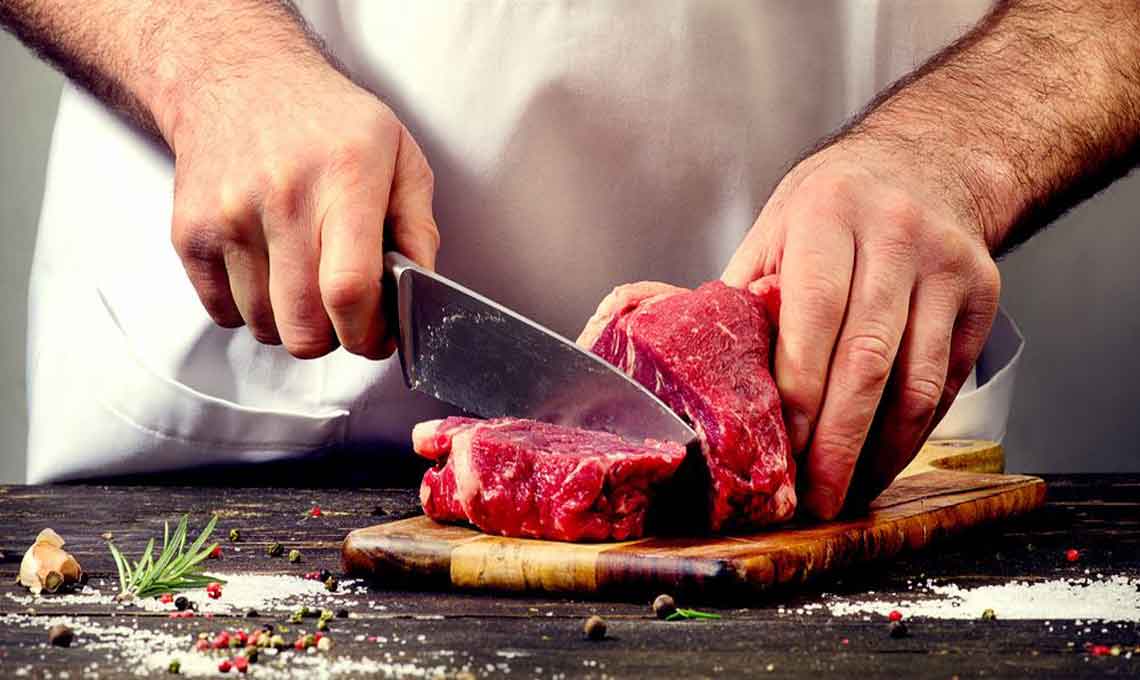The Meat Industry Could Face Losses of $20 Billion in 2020

The coronavirus pandemic has been especially crushing for the meat supply chain. The industry could face losses of more than $20 billion in 2020
by Tala Hadavi – CNBC
The pandemic has caused two major disruptions to the meat supply chain. The first was shifting consumer behaviors including restaurant and school closures that paralyzed an entire distribution channel. The second impacted the industry in an unimaginable way; more than 20,000 meat processing plant workers have gotten sick, 74 have died and dozens of plants have been forced to shut down.
“Is this a once in a century event? Should we respond accordingly? Or is this something that we need to adapt to going forward?”
“I’m not sure anybody really understood sort of how to be prepared. These meatpacking plants, by their very nature, are extremely difficult to manage a human disease like this,” said Derrell Peel, a livestock marketing specialist at Oklahoma State University.
The plant shutdowns caused wholesale prices to double and livestock prices to drop 20%-30%. More importantly, as demand declined, producers were left with unprecedented bottlenecks of live animals. Some producers resorted to euthanasia.
On April 28, President Donald Trump invoked the Defense Production Act to try to help the industry. As a result, the plants were deemed essential and had to remain open. It also protected meat processing giants like JBS, Tyson Foods, Cargill and Smithfield Foods from legal liability if workers got sick.
By mid-May wholesale prices started dropping and livestock prices were inching back. But concerns over a long and costly recovery remain.
″Is this a once in a century event? Should we respond accordingly? Or is this something that we need to adapt to going forward? If we think it’s going to be with us then yes, it’s a pretty fragile supply chain, mainly because we’ve focused on giving consumers what they want, high-quality food at the cheapest price possible,” said Joe Parcell, director of applied social sciences and professor of agribusiness management at the University of Missouri.
“If we were to back away from that and make it a little bit, maybe a more robust supply chain, maybe a little bit smaller processors, it’s going to cost consumers a little bit more. So there’s a trade-off there.”











